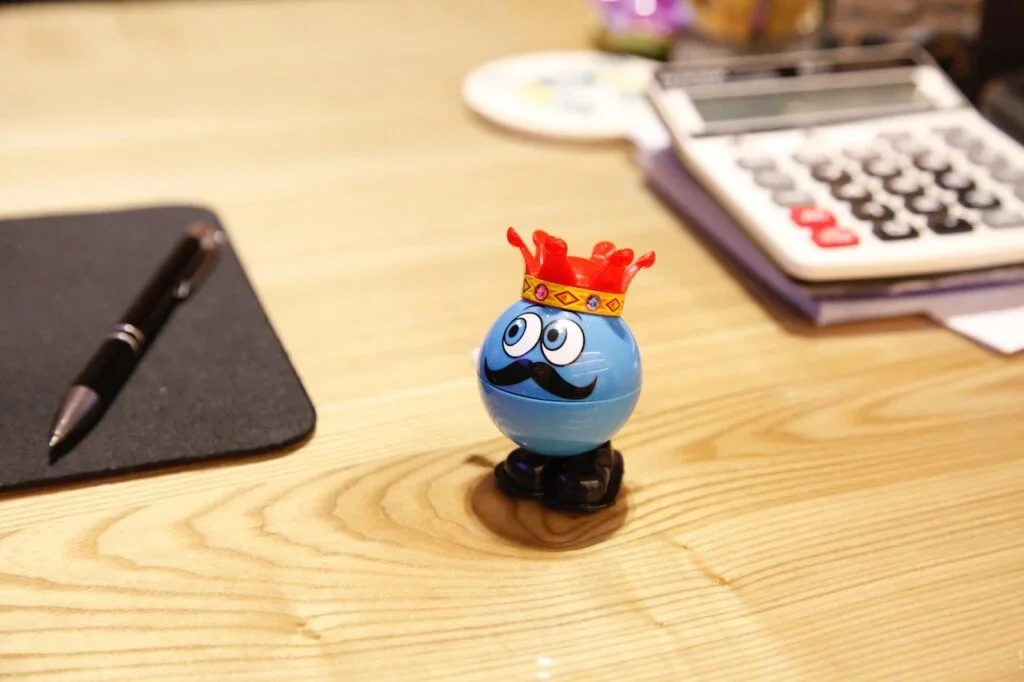Without proper instruction, young children are unable to learn critical lessons. From an early age, they need to be taught how to manage money. With the world’s dynamics evolving at such a quick rate, financial literacy for early childhood has become an increasingly crucial part of life.
Teenagers are constantly wanting to stand on their own two feet and spend their money to do so. They are also constantly eager to live a nice lifestyle on their wages.
Children who learn about money management also practice saving and investing, in addition to using their money properly.
Understanding Financial Literacy
Financial literacy, in layman’s terms, is the capacity to manage money. This includes understanding saving, investing, lending, and borrowing, as well as the abilities needed to organize your short- and long-term finances.
Even if we don’t study investing or savings, we can’t deny that income and expenditure are important aspects of our life. Financial activities are a crucial life skill that all of us should possess, from monthly budgeting to daily purchases and tax payments.
Benefits of Financial Literacy Education for Children

Among the benefits of instilling financial knowledge in kids early on are:
- Your kids will begin to demand less when they begin to appreciate the worth of money. Explaining the pricing of various goods to youngsters will progressively help them evaluate what is and is not expensive in society.
- They will be a lot more grateful when they receive a present or anything unexpected if they have an understanding of what things are worth.
- Children will be best prepared to prevent having huge financial debts and even bankruptcy in the future by knowing about financial hazards.
- They might have a greater tendency to make plans for the future, such as saving up for a vacation, investing in real estate, or even saving for their retirement.
- Although it is sometimes disregarded, it is worth emphasizing that one of the best long-term advantages of learning financial literacy at an early age is being able to live a happy and stressful life later on.
Tips for Teaching Financial Literacy to Children at Home
Use these activities to help kids learn about money management and financial literacy:
1. Show the importance of saving.
Children can learn the importance of saving by being required to set aside a portion of their allowance each month to buy something they want.
Teach children the benefits of being frugal, the risks of impulsive spending, and the fact that taking on debt of any type is never a good decision. This will help them understand the consequences of using credit cards and easy money.
2. Make them work for their money.
The fact that money is a finite resource is one of the most crucial lessons you can impart to your kids, regardless of their age. It will teach them to be more responsible with their money if they have to work for it, as you most likely also do.
Many parents give their kids an allowance each week, which can help them learn how to manage their money. Even better would be to have them perform duties in exchange for payment. When they are older and ready to leave the nest, making the connection in their minds between earnings and effort will pay off handsomely.
3. Help your child get a part-time job.
For your kids to value their money and the time it takes to acquire it, encourage them to work part-time. If kids are underage for employment, offer a monetary incentive for household duties such as car washing or vacuuming.
4. Show them how to keep a budget and track their spending.

Children will learn valuable lessons about the value of keeping track of one’s expenditures if you make them keep weekly records of their purchases and summarize the results at the end of the month.
Learning to save more effectively requires understanding where your money is going. Encourage kids to think about their spending habits and see how much quicker they could save money if they made some changes.
5. Do it as a game.
Who said finance had to be bland and boring? Children can learn the importance of being thrifty even through board games. One of the best video games for teaching kids valuable money management skills is Payday. Players need to stretch their money because their next payday won’t be for another month.
They can make purchases and even take out loans they think will bring them money, but being in over one’s head can lead to issues, particularly if there are other debts to pay. This may sound familiar to you.
Even the board game Monopoly can impart valuable lessons since players must decide which properties or purchasing tactics will result in the greatest rewards while balancing risk and reward at every turn.
6. Directly discuss money
Financial crises give us valuable lessons about budgeting and money management. Financial literacy is necessary for teenagers to manage their money responsibly in addition to being aware of financial issues.
Our daily lives revolve around money; in addition to paying for our education, we also spend it on things like food, clothing, technology, and a variety of other things. Teenagers are observing you even if you don’t talk about money directly with them.
Talk to them about how challenging it is to make money and handle expenses. Help them understand that saving money or making investments will raise the amount of cash they have, which is the most sensible use of their resources.
Wrapping It Up

We are all working hard to guarantee that our children have a secure financial future. We must train our children now and teach them the value of money if we want them to genuinely appreciate this luxury. Money is a vital commodity, and to acquire and sustain a decent financial lifestyle, one must learn personal financial literacy at a young age.
One of the best approaches to teaching your kids about financial health is by setting a good example for them. Additionally, giving them a foundation in finance at a young age will help them later on by preparing them to make important financial decisions and have a knowledgeable viewpoint on their finances.
Expert Financial Advice for Kids and the Whole Family
Financial literacy is a key part of every person’s life. Even when kids are younger, they should be taught to understand the importance of it. Teens and adults should learn how to make smart financial decisions, advance their careers through investments, and be involved in launching new ventures with friends and family.
With expert financial advice for kids and even for you as an adult, you can save and make more money for a more secure life. Contact Savvy Financials today to start reaching your financial goals with confidence.

